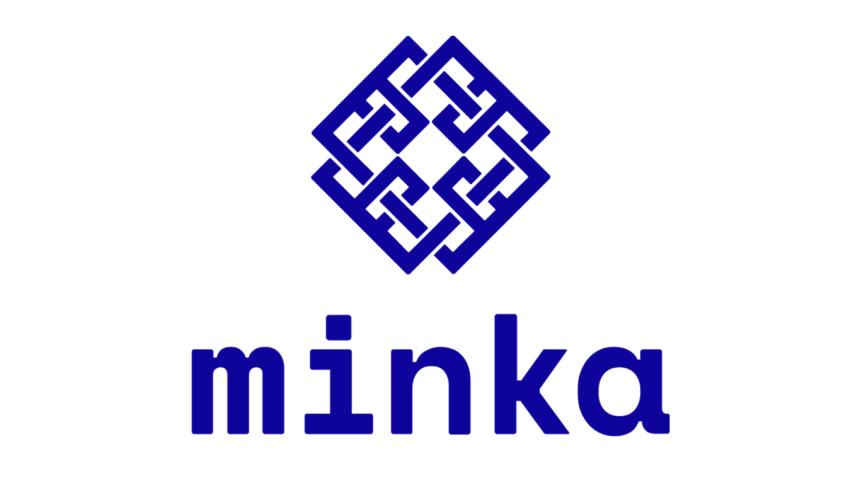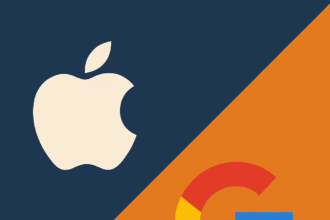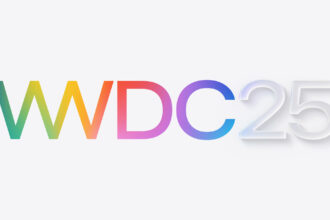The Colombian FinTech Minka creates payment networks that allow people to send money between participating financial institutions and banks. The Tiger-Global-backed FinTech is the latest Latin American financial entity to enter the African digital payment market. `
Minka began its launch on Tuesday, setting up shop in Tanzania, Kenya, Ethiopia, and Uganda. According to the company, there are plans to expand its outreach to Southern Africa with a focus on Zambia, Mozambique, and Malawi.
Before Minka arrived on the continent, a handful of Latin American FinTechs were already expanding into Africa. The earliest is dLocal, which was launched in West Africa and Kenya in 2020. Two years later, EBANX launched in 11 countries.
According to an analysis, over 350 million African adults lack access to financial institutions, relying only on cash transactions.
This analysis shows an untapped financial market that has been neglected for a long time and won’t be a surprise if more international FinTechs arrive on the shores of Africa for expansion.
We are solving these problems across Latin America and now want to bring these advantages to the people of East Africa. Minka sees real similarities between the work we are doing in Latin America and the problems faced in East Africa.
Alexander Perko, Minka Growth Lead
These similarities include alarming levels of financial exclusion in both regions, as eight out of the bottom ten ranked markets for overall financial inclusion are located in Latin America and sub-Saharan Africa.
Minka uses in-house financial protocols to boost money transfers between banks and other financial institutions. The FinTech creates a common language which different payment systems communicate with, thereby eliminating the need for complex reconciliations.
There are over 2,000 payment networks globally, with only 3% being interoperable.
Alexander Perko
The Latin FinTech Advantage for Africa
The aim of these Latin American fintechs such as Minka, dLocal, and EBANX, is to provide a platform for Africans who want to purchase global products but can’t since a majority of global merchants do not accept their payment methods which are cash and mobile money.
To make this possible, these fintechs offer a solution whereby global merchants accept local African payment methods.
Currently, Latin America boasts over 1,500 registered fintech startups and friendly regulations, enabling rapid progress with digital payments in the region.
These fintechs already in Africa claim that they can do the same here through first-hand experience. Another advantage is their relationship with global merchants, which they can leverage to enter the new African market.














